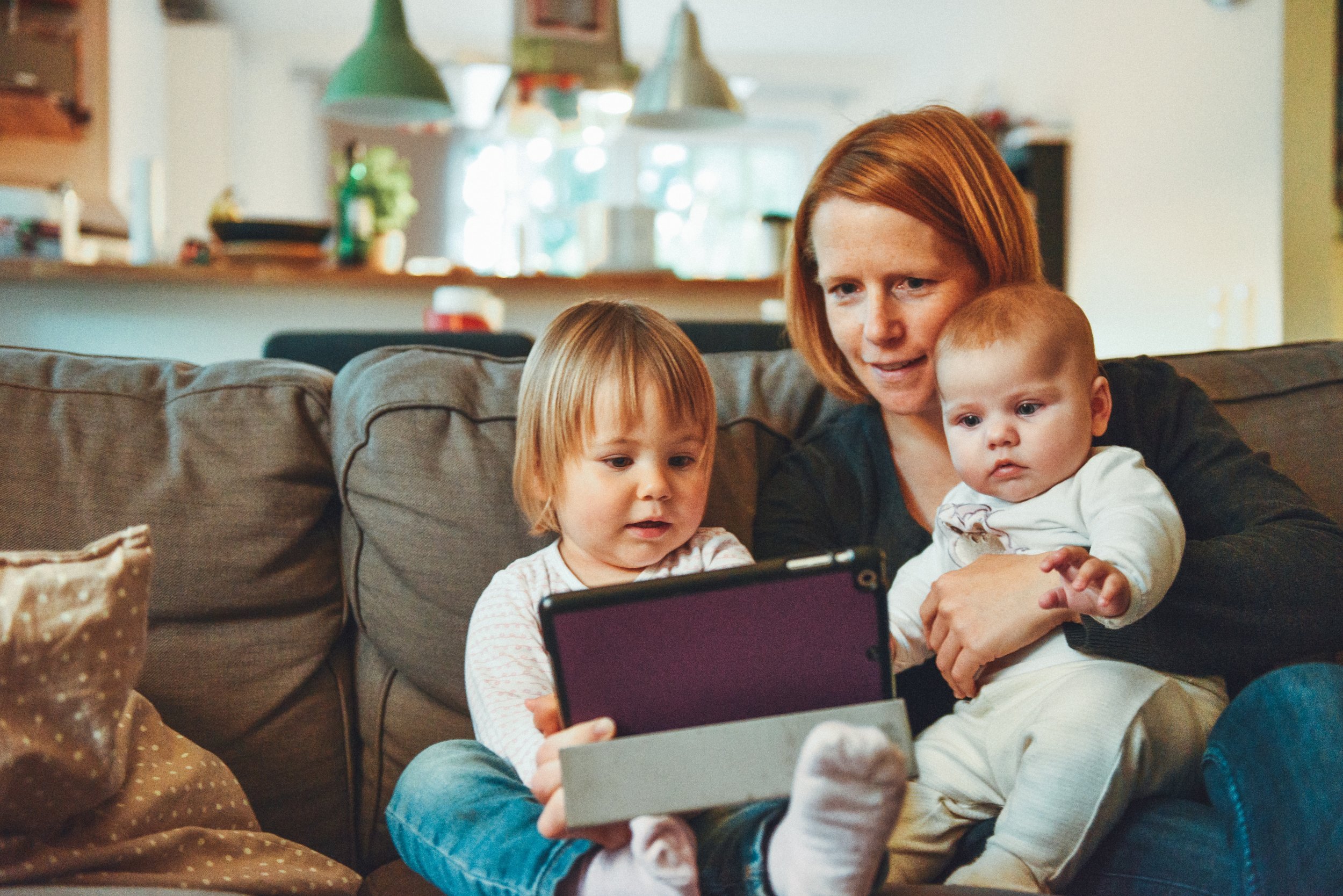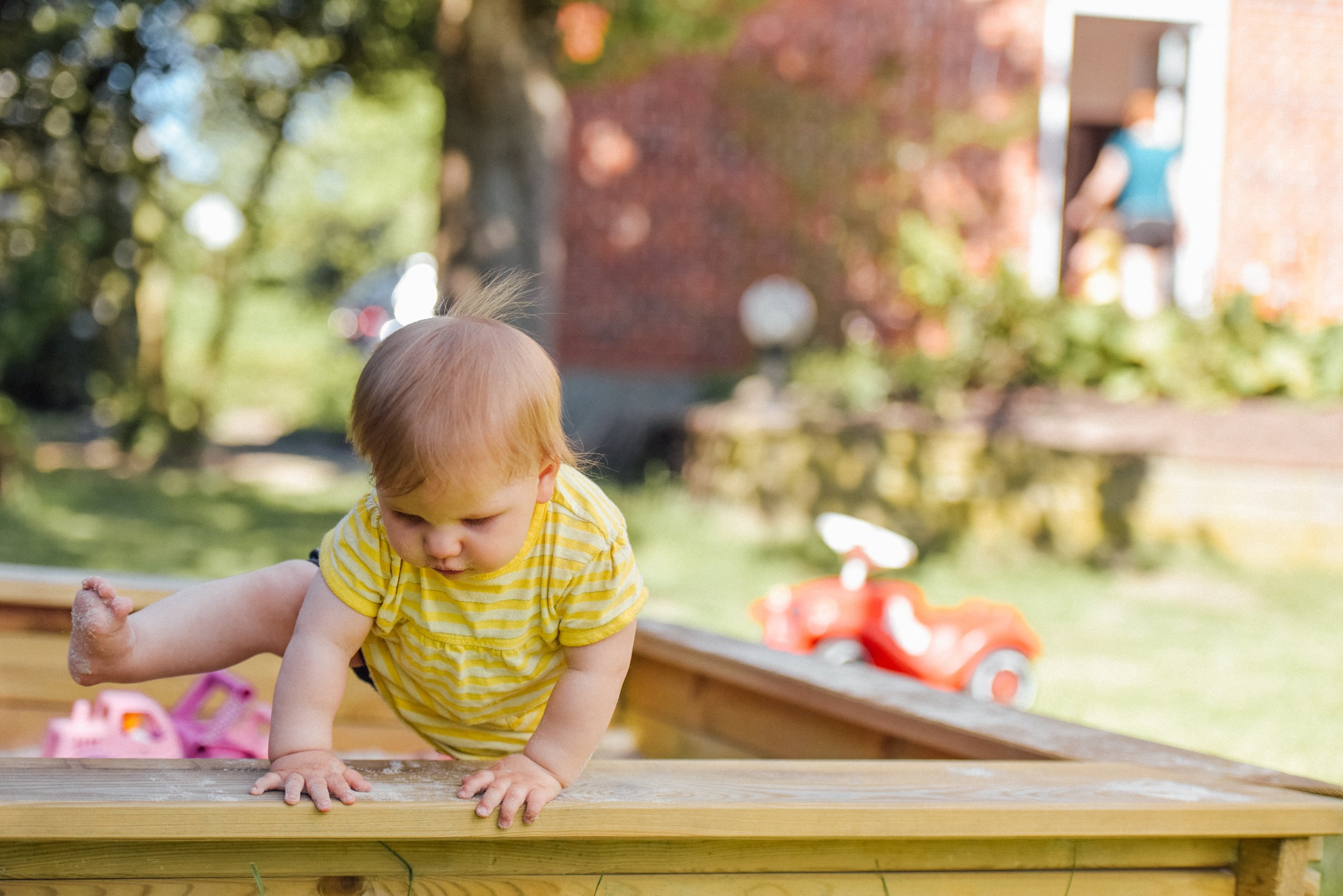Strengthen Your Marriage With the Science of Laughter | Blog by Kal Otis
We've all heard the phrase "laughter is the best medicine," but did you know that it can also be the key to a successful marriage? Many studies have shown that couples who share a sense of humor and laughter in their relationship have stronger bonds and happier marriages. In fact, science even supports that laughter has positive effects on our bodies and minds - from releasing feel-good neurotransmitters to reducing stress hormones. So, if you want to strengthen your relationship and enjoy a happy, long-lasting marriage, it's time to start taking laughter seriously.
The Science of Laughter
From the moment we are born, our brain is hardwired to form deep attachments with others. This drive for attachment is so strong that it becomes the most important thing in our lives. When we form deep connections with others, we experience an overwhelming sense of joy and fulfillment. Conversely, when those attachments are not formed or are broken, we can feel extreme pain and despair.
As infants, we form these attachments because we are completely dependent on others for our survival. Although we may not remember these early experiences, they are crucial in building the neural circuitry that shapes our relationships throughout our lifetime. Surprisingly, by the time we reach 12-18 months old, these experiences have already encoded the neural circuitry in our brains. These patterns become the ‘rules’, schemas, and templates for how we relate to others for the rest of our lives.
It is important to recognize the profound impact that our earliest relational experiences have on us. These experiences shape the very foundation of our relationships and can influence how we interact with others for our entire lives. By understanding this, we can work to build positive, healthy attachments with others and work to heal any past wounds that may be impacting our current relationships.
The Power of Positive Emotions
Emotions are an incredibly powerful force in our lives, and they are, in fact, a form of energy. Science shows that when it comes to forming attachments, the human brain has two primary ways of bonding: through joy or through fear. Our emotions exist on a continuum, with love at one end and fear at the other. And interestingly, the emotions closest to love include joy, appreciation, happiness, contentment, and satisfaction, while the ones closest to fear are hatred, insecurity, jealousy, and greed.
But what's even more fascinating is that science has found that love and fear have vastly different vibrational frequencies, and these frequencies can be measured. Love vibrates at an incredibly fast rate, whereas fear-based emotions, such as jealousy, possessiveness, hatred, and greed, vibrate very slowly. So, when we love completely and unconditionally, there is simply no room for fear. The vibrations of love are so powerful that they fill us with joy and positivity at all times.
This means that the more we focus on love and positivity, the more our brain will naturally form healthy and strong attachments. By cultivating feelings of joy, contentment, and satisfaction, we can wire our brains to seek out positive experiences and relationships. On the other hand, when we allow fear and negativity to take hold, we risk forming unhealthy and potentially damaging attachments based on insecurity and jealousy. So, if you want to build a strong and meaningful relationship, sharing laughter and joy is the key to strengthening your emotional bond because it creates a more positive environment for your relationship to thrive.
The Benefits of Humor in Marriage
When we laugh, our brains release dopamine and serotonin, two essential neurotransmitters that regulate our 'feel-good' emotions. These chemicals make us feel happy, relaxed, and more open to bonding with others. Moreover, laughter has been shown to reduce cortisol, the stress hormone that can wreak havoc on our bodies and minds. So, by laughing together, couples can not only boost their mood but also reduce tension, defensiveness and conflict in their relationship. Moreover, couples who share a sense of humor tend to have more fun together, enjoy a greater sense of closeness, and are better equipped to handle stress and challenges in their relationship.
Tips for Adding More Laughter to Your Marriage
If you want to incorporate more laughter and humor into your marriage, here are some tips to get started:
Walk in each other’s shoes: Seek to understand, and develop compassion as well as empathy for your spouse.
Share jokes or funny stories: Take the time to share jokes or funny stories with each other. It can be a simple way to lighten the mood and create moments of joy in your marriage.
Create inside jokes: Develop your own inside jokes that are unique to your relationship. These inside jokes can be a source of shared laughter and connection between you and your partner.
Plan regular date nights: Make it a priority to plan regular date nights that are centered around fun and laughter. Go to a funny movie, play board games, or engage in other activities that you both enjoy and that make you laugh.
Embrace silliness and playfulness: Allow yourselves to be silly and playful with each other. Playful banter, tickling, or engaging in playful pranks can add an element of fun and laughter to your marriage.
Incorporate humor into your communication: Use humor in your everyday communication with your partner. Share funny anecdotes or use light-hearted humor to diffuse tense situations.
Practice gratitude and appreciation: Expressing gratitude and appreciation towards each other can create a positive atmosphere in your marriage, leading to more laughter and joy.
Surround yourselves with positive and humorous people: Spend time with friends or family members who have a good sense of humor and enjoy laughter. Being around positive and humorous people can help create a fun and joyful environment in your marriage.
Learn to laugh at yourselves: Don't be afraid to laugh at your own mistakes or flaws. Embrace self-deprecating humor and learn to find humor in your own imperfections, which can bring you closer together as a couple.
Laughter truly is the best medicine for a happy and successful marriage. By understanding the science of laughter and its positive effects on our mood and relationships, couples can use humor as a powerful tool to strengthen their emotional bond and create a more positive atmosphere in their relationship. So, make laughter a priority in your marriage and enjoy all the benefits that come with sharing a good laugh with your partner.












